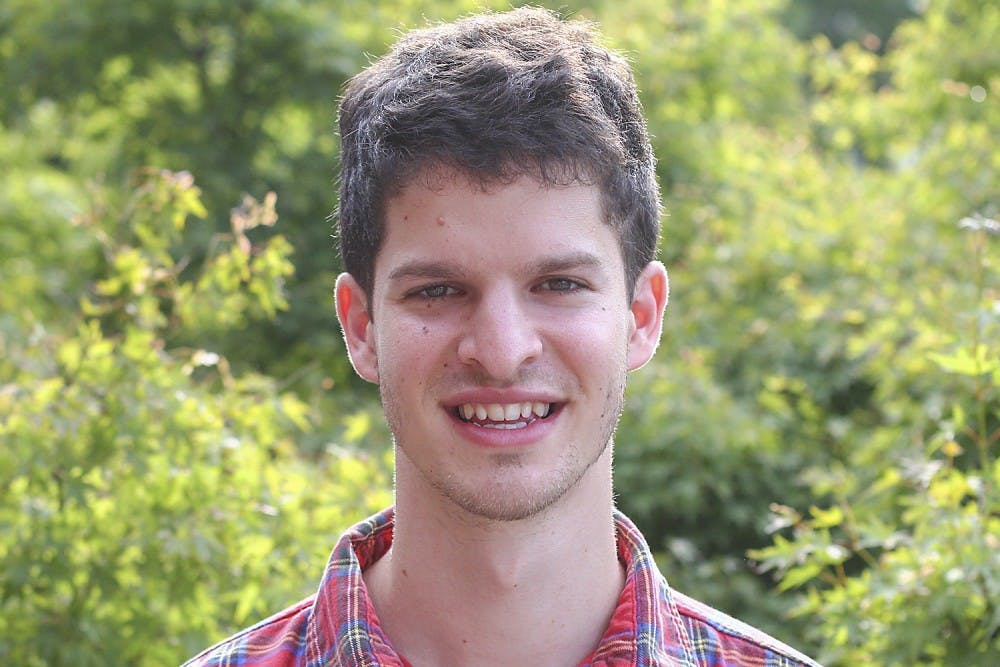I was in Alabama for a job interview when I learned about the brutal killing of Deah Barakat, Yusor Abu-Salha and Razan Abu-Salha.
My interview was set to begin in 30 minutes, and all I wanted was to be back home with the support of my friends and loved ones. Most of all, I was furious at Craig Hicks for reportedly committing such a hateful crime. I could only imagine the fear his actions would inspire in the Muslim community in Chapel Hill and across the nation.
I was interviewing for a job with an organization that represents people on Alabama’s death row. Despite my deep belief in the work they do, it was difficult to bring myself to talk about injustice in light of such a terrible tragedy. But as I took a tour of the office in the afternoon, the importance of the work became especially clear.
According to a 2014 Gallup poll, 63 percent of Americans supported the death penalty — down from a high of 80 percent in 1994. Our society likes to think people on death row are the worst of the worst. The photographs on the wall during the tour painted a different picture. In the meeting rooms, hallways and offices were framed news stories featuring the organization’s clients. Many were poor and black and sentenced to death under suspicious circumstances. None of them were the monsters one might expect.
Monday night, we learned that the Durham County District Attorney’s Office will seek the death penalty in Hicks’ case. If Hicks is convicted of first-degree murder, a jury will determine if he has surrendered his right to live.
I do not believe we can excuse the heinous hate crime Hicks is accused of. Deah Barakat, Yusor Abu-Salha, Razan Abu-Salha and their families deserve justice. But the death penalty is not a tool of justice.
It is a tool of modern racism. A person in North Carolina is 40 times more likely to get the death penalty if they kill a white woman than if they kill a black man.
The death penalty is representative of our collective lust for vengeance and overly punitive measures. It is no coincidence that the rise of the modern death penalty has coincided with the launch of mass incarceration. According to the Equal Justice Initiative, there were fewer than 300,000 people in jail or prison in the United States when the death penalty was reinstated in the mid 1970s. Today, there are 2.3 million.
It is also administered arbitrarily. The county where someone commits a murder is a far stronger determinant of whether someone will be executed than the nature of the crime itself.



